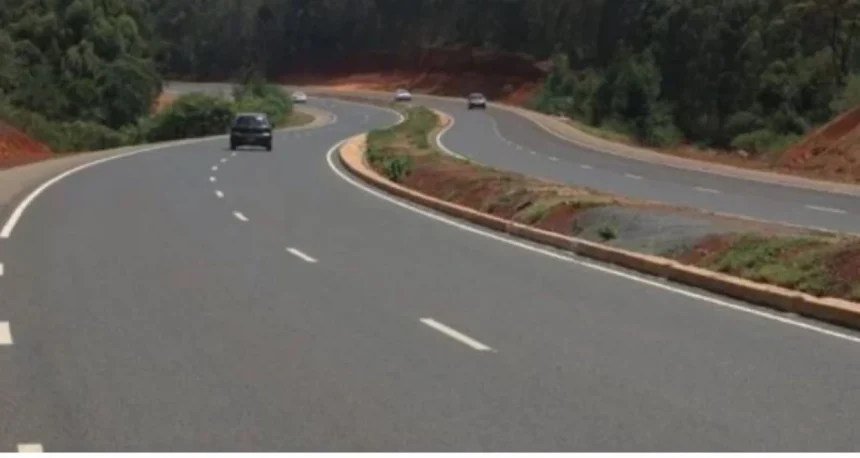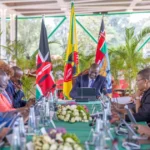In a statement to newsrooms, the Association argued that the privatisation deal of the 233-kilometre project is a scheme to deceive Kenyan motorists and taxpayers by benefitting foreign parties through the proposed toll charges along the mega road.
MAK argued that the toll-based PPP model does not protect taxpayers from long-term fiscal exposure and will only transfer sovereign liability from open budgetary scrutiny into private contracts hidden under commercial secrecy clauses.
“In reality, the ‘Build-Operate-Transfer’ (BOT) concession locks the Government into indirect liabilities, denominated in foreign currency, through guaranteed minimum traffic volumes, step-in rights, and revenue assurances hidden in side agreements,” MAK noted.
“When the investor underperforms, the burden inevitably reverts to the taxpayer, just as seen in SGR’s shadow financing and power purchase agreements.”
MAK further argued that the construction and upgrading of Kenyan roads is funded by the Road Maintenance Levy Fund (RMLF) and fuel taxes, which can sustain the roads without imposing toll charges.
“Kenya currently collects over KSh 100 billion annually through RMLF. These funds, combined with excise and fuel VAT, are more than adequate for road maintenance and upgrades. The problem is mismanagement, not shortage,” added the statement in part.
“These taxes were recently raised unlawfully from Ksh.18 to Ksh.25 per litre by EPRA, despite public opposition. Therefore, imposing tolls on motorists who already fund road construction and maintenance amounts to double taxation — a direct violation of Articles 10, 201, and 232 of the Constitution that require equity, transparency, and prudent management of public resources.”
It further argued that there is a bigger deception in having China Road and Bridge Corporation (CRBC) as the preferred bidder, noting that it is a Chinese government entity and not a private investor hence breaching the dictates of a PPP deal.
“CRBC is not a private investor but an arm of the Chinese state, operating within Beijing’s Belt and Road geopolitical strategy. This model entrenches economic dependency and strategic capture, placing Kenya’s critical transport corridor — linking Mombasa Port to Uganda, Rwanda, and Congo — under indirect Chinese leverage,” MAK stated.
“This is not investment; it is economic colonization dressed as development.“
MAK therefore noted that the section requiring upgrade is Naivasha–Nakuru–Mau Summit, which can be rehabilitated using RMLF funds.
The Association now demands the suspension of the deal, arguing that Kenya is being lured into debt-free dependency, foreign entities capture long-term revenue streams through tolling rights instead of direct borrowing.
It also wants the publication of all concession agreements, feasibility studies, and traffic projections for public scrutiny and an independent audit of the RMLF.
The statement comes as a rejoinder to a statement by the Directorate of Public Private Partnerships (PPP), Eng. Kefa Seda, who said that PPP will remain fully owned by the State, and that tolling will be tightly regulated to safeguard public interests.
He clarified that CRBC’s involvement and that of the National Social Security Fund (NSSF) do not amount to privatisation, rather represent a financing framework designed to ease pressure on the national budget and limit additional debt exposure.
“This highway is a strategic national asset and remains under full ownership and jurisdiction of the Government of Kenya,” Eng. Seda said.
“The PPP model allows private players to finance and maintain infrastructure for a defined period, but overall control, regulation, and policy direction remain with the State.”
He added that the country’s road sector alone requires an estimated Ksh. 4 trillion over the next decade—an amount unattainable through tax revenues or traditional borrowing.
The Kenya National Highways Authority (KeNHA) has confirmed that the project is expected to break ground in the coming months, and design work is underway following a feasibility study that identified the urgent need to expand the busy Nairobi–Nakuru highway.



